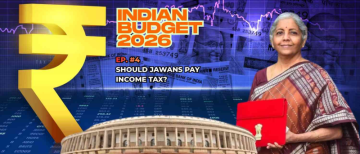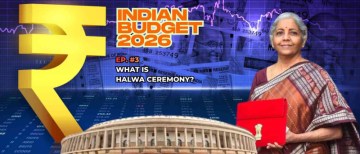The recent case of the Satara doctor’s suicide has taken a perplexing turn with fresh allegations involving falsified postmortem reports, raising serious questions about medical ethics, law enforcement, and political influence in Maharashtra.
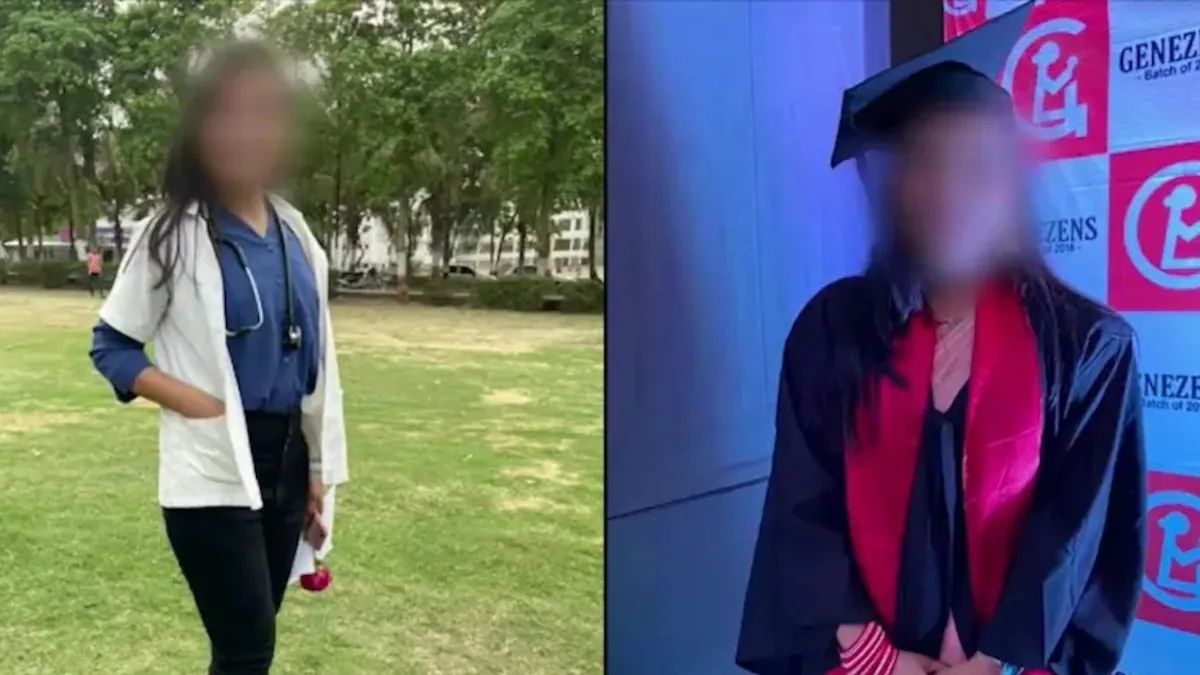
The incident revolves around a 28-year-old government doctor from Satara, Maharashtra, who died by suicide in October 2025. In her final note written on her palm, she accused a police sub-inspector named Gopal Badane of repeatedly raping her and a software engineer, Prashant Bankar, of mental harassment. The case gained widespread attention due to the grave nature of the allegations and the involvement of individuals in positions of power.
A significant new claim has come from Bhagyashree Maruti Pachangne, a woman from the same district and mother of Deepali Maruti, who alleges that the deceased doctor was forced to sign a fake postmortem report for her daughter. The allegation states that the official report declared Deepali’s death as natural, despite suspicions and demands for investigation into possible foul play. Bhagyashree insists her daughter did not die by natural causes, asserting that Deepali, who was six months pregnant and had a young child, would not have taken her own life and likely was murdered. She also accused Deepali’s husband, an army officer, and his family of continuous abuse and claimed political influence was used to suppress the truth.
The deceased doctor, who worked at a government hospital, reportedly faced sustained political and police pressure to falsify medical reports, including postmortems and fitness certificates. A relative mentioned that she was often forced to modify medical reports to protect certain individuals, creating an environment of fear and intimidation. The doctor had tried to resist but was caught in a web of systemic corruption involving police, political figures, and medical officials.
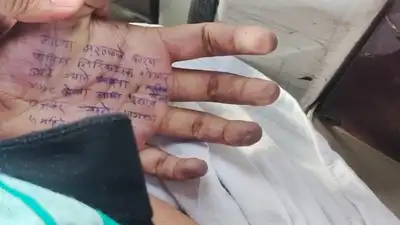
Authorities arrested the police officer Gopal Badane and the software engineer Prashant Bankar, charging them with rape and abetment to suicide. The officer has been suspended, and investigations are ongoing. Political leaders, including Congress’s Rahul Gandhi, described the case as a horrific example of systemic failure and termed the suicide as "institutionalized murder," pointing fingers at government negligence and abuse of power.
The case has also exposed procedural lapses in handling the investigation and postmortem, with allegations that the postmortem was delayed and conducted without family presence, raising doubts about the transparency and fairness of the inquiry.
This case highlights deep concerns about the intersection of medical ethics, law enforcement accountability, and political influence in India, especially when those in vulnerable positions speak out. The doctor’s plight, as revealed through her notes and family accounts, suggests a grave breach of trust in institutions meant to protect public health and justice.
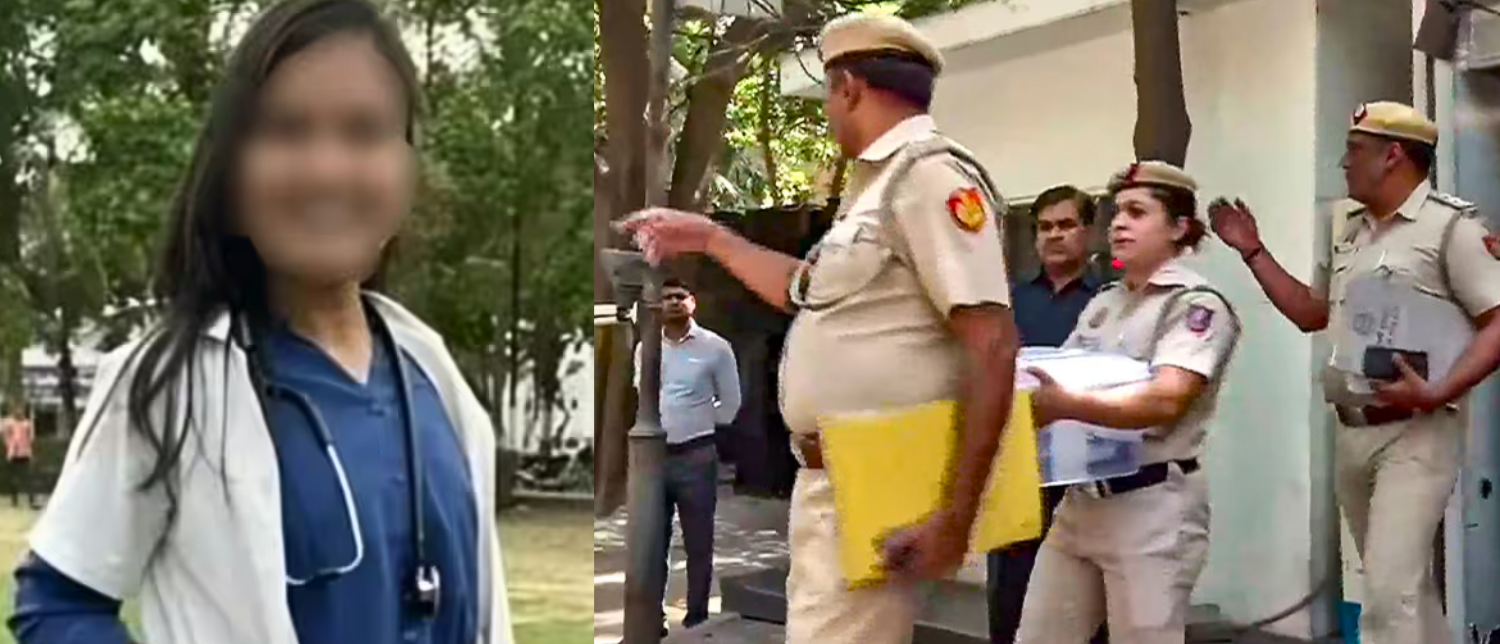
At the same time, the case calls for a thorough, unbiased investigation free from political or institutional interference. It is essential to uphold transparency in forensic examinations and to ensure that medical professionals can operate without fear of coercion or reprisal. The victims’ families and public demand justice, but justice can only be served if the process respects both legal exactitudes and human dignity.
As the investigation continues, this tragic story serves as a reminder of the critical need for systemic reforms to protect those who are most at risk and to create safer, more accountable spaces within public service institutions.
With inputs from agencies
Image Source: Multiple agencies
© Copyright 2025. All Rights Reserved. Powered by Vygr Media.





